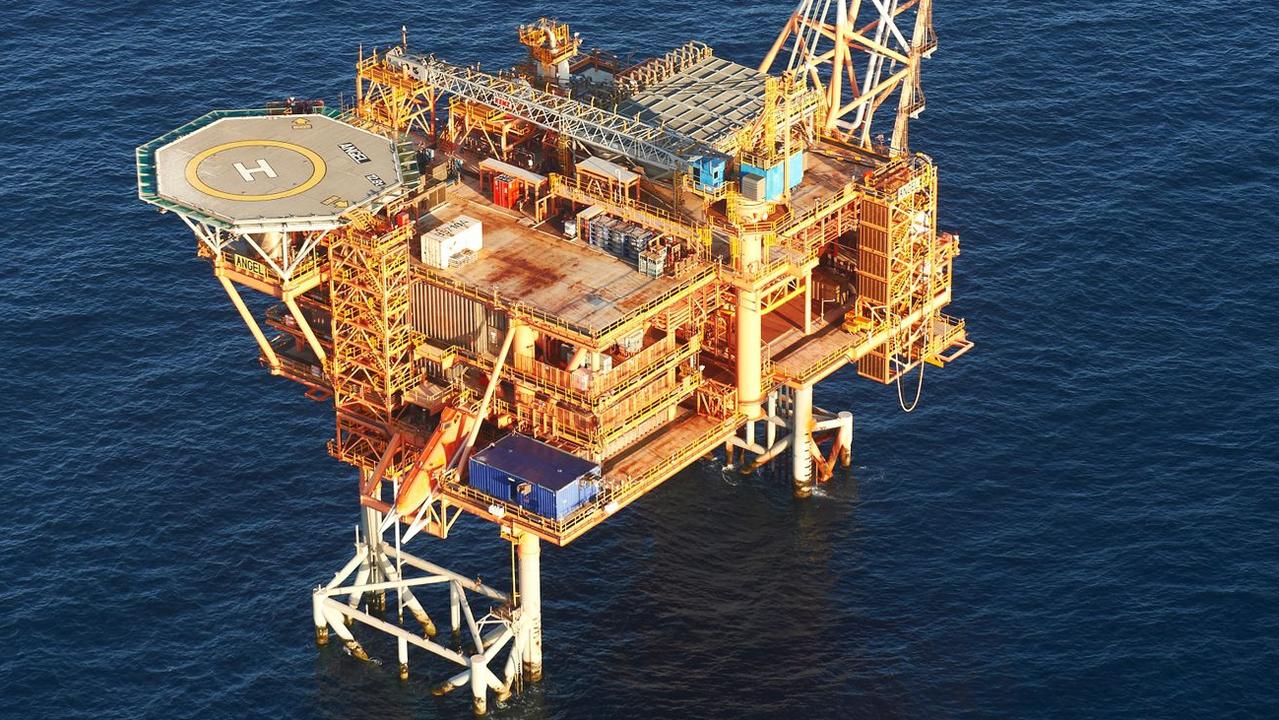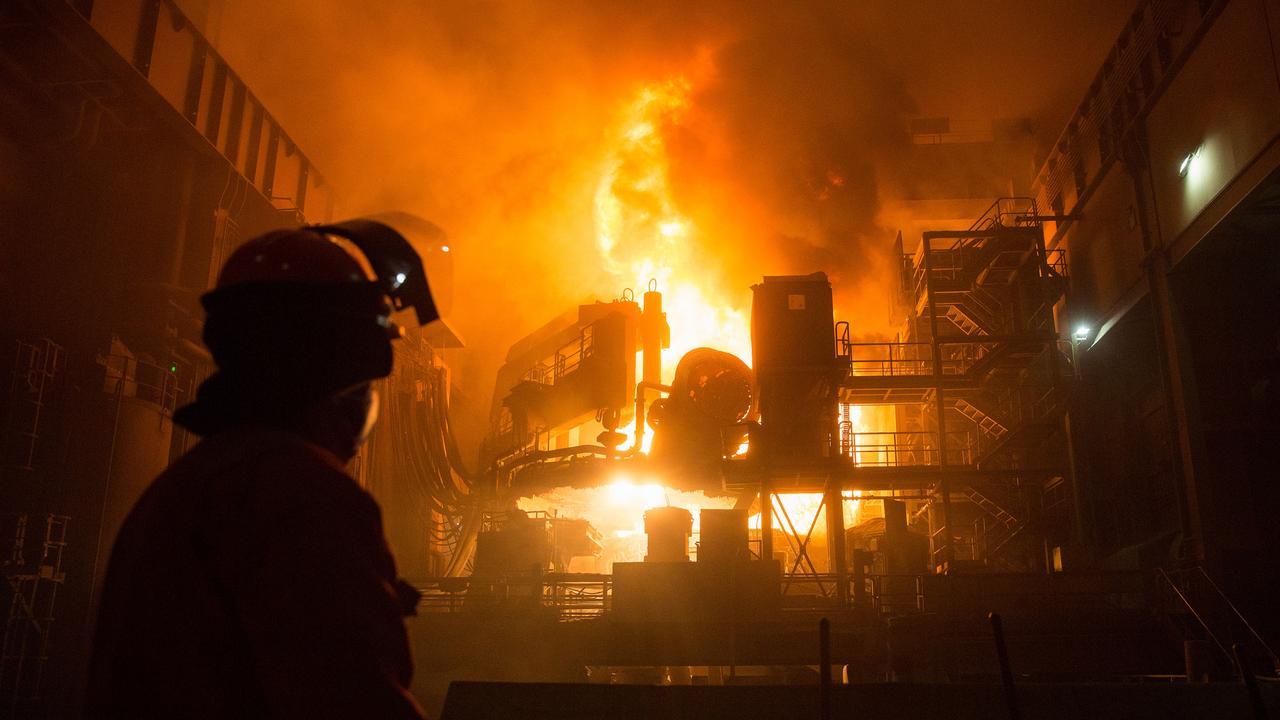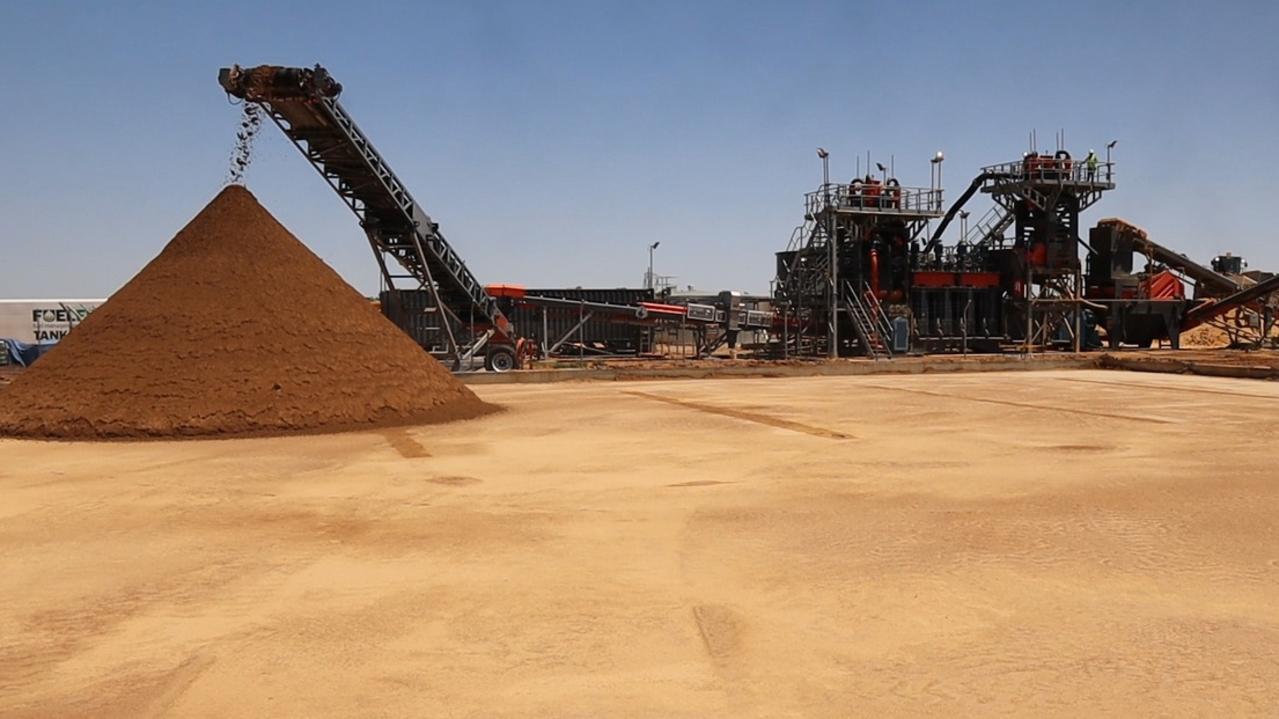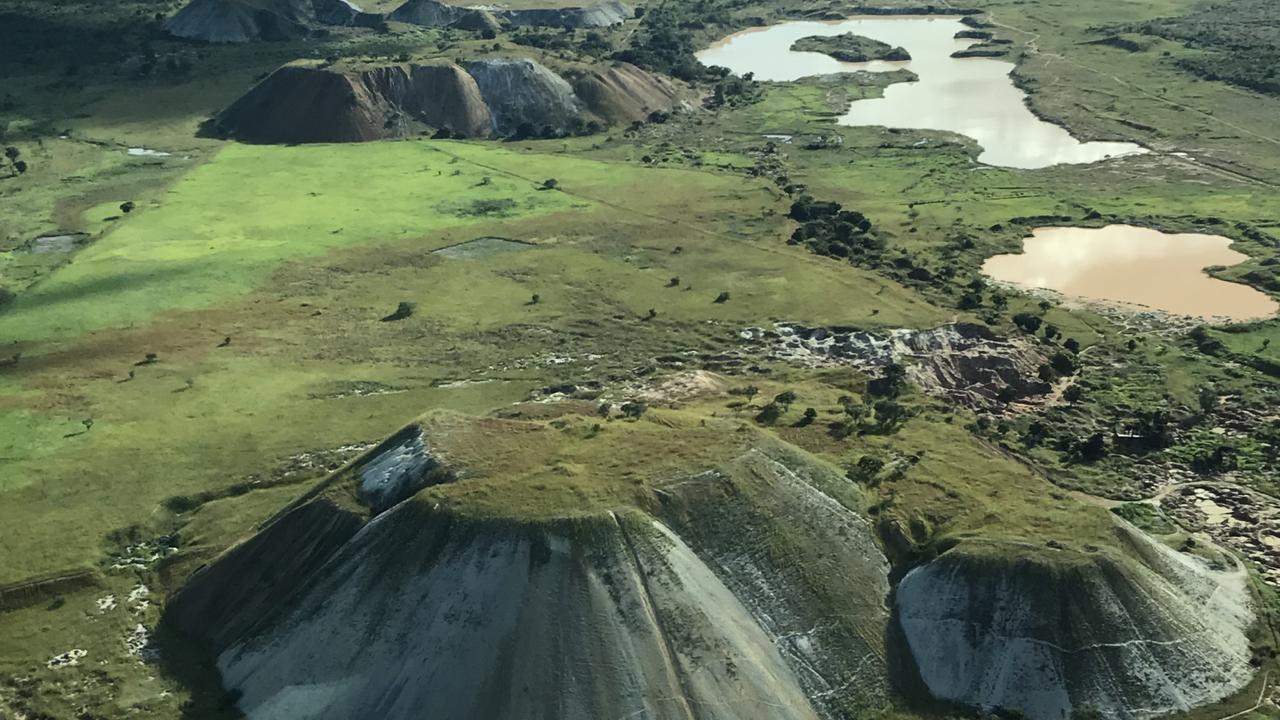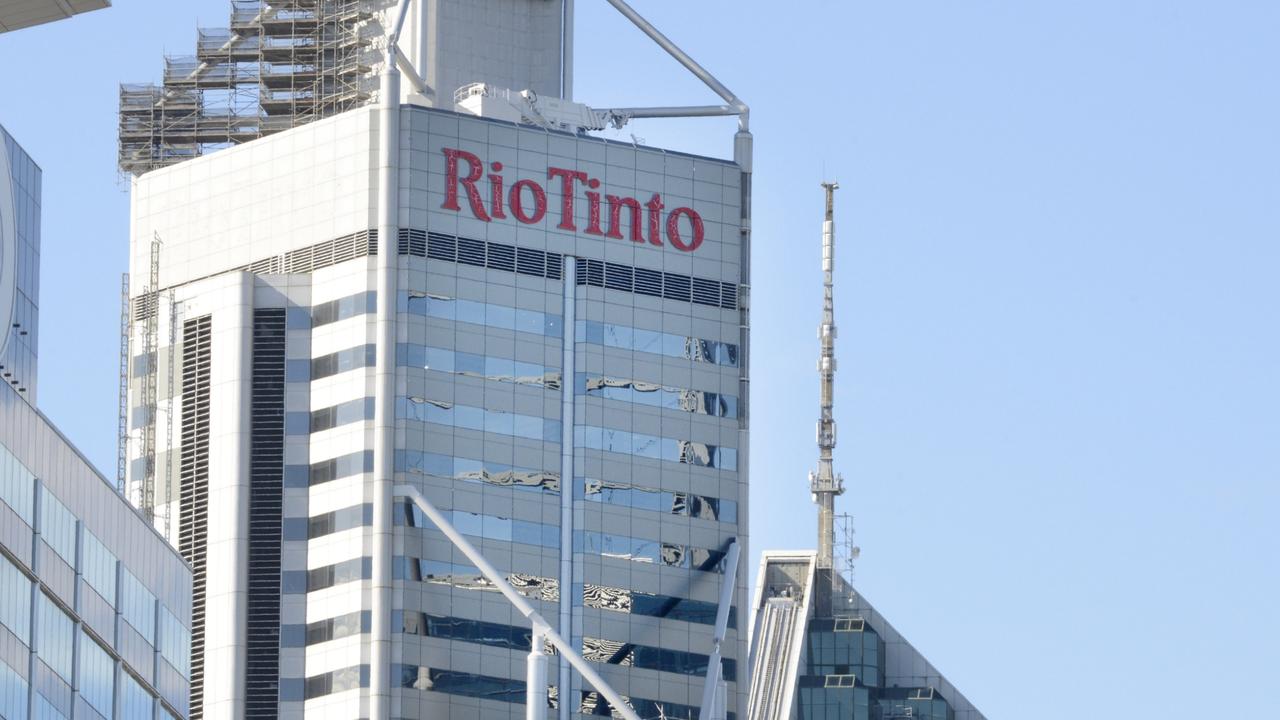Westpac’s Peter King hails $14bn cost-of-living package as bosses seek leadership on economy
Some of the nation’s leading corporate bosses are looking for further leadership in shaping the Australian economy in the face of ongoing economic and geopolitical challenges.

Business
Don't miss out on the headlines from Business. Followed categories will be added to My News.
Westpac chief executive Peter King has declared his support for the federal government’s planned $14.6bn cost-of-living package to be unveiled in Tuesday night’s budget, as some of the nation’s leading corporate bosses look for further leadership in shaping the Australian economy in the face of ongoing economic and geopolitical challenges.
Unveiling Westpac’s latest financial results on Monday, Mr King said ratcheting up interest rates to combat inflation was a “blunt tool” and households on lower incomes needed support.
“I’m very supportive of providing some support to people who are on lower incomes because these higher interest rates are a blunt tool. And they’re unevenly felt … a lot of the people aren’t homeowners, but they’re renters and they’re feeling the higher interest rates through rent,” Mr King told The Australian.
“Targeted assistance for energy, broader cost of living is important. If you think about the fiscal situation, they do need to take steps to repair the budget over time. That’s No.1; No.2 would be climate transition, and particularly the electricity transition of the network is something we’ve got to get on with.
“And if there’s a delay in the build-up of both generation capacity, transmission capacity and the peaking capacity, that’s really important for the country to avoid.”
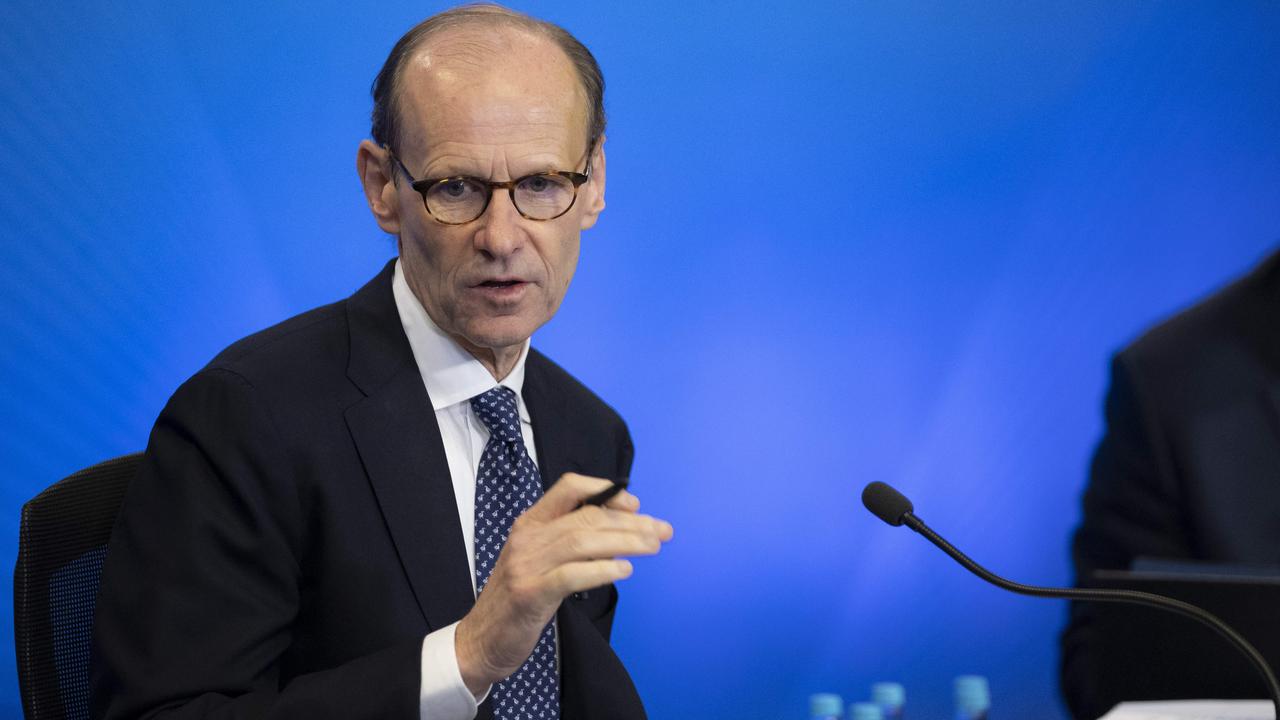
ANZ chief executive Shayne Elliott said the government’s coffers would be “flush”, with bumper royalties from iron ore, lower welfare payments ands higher income tax revenue because of low unemployment levels.
“In the short term, I think things will be fine,” he told The Australian.
“What we will be really looking for are more long-term indications of intent.
“What is the long-term outcome?
“What’s the structure of the economy … going to look like over five years?
“I don’t think there’s any concerns about this year or perhaps even next year, but it’s really more a structural question.
“How much is the government willing to talk about or the Treasurer willing to talk about that and what the future looks like?
“There’s some strains in the budget right now, the low dependency on taxes, the high dependency on royalties, all those things … (we need) to see if they are structurally sustainable.”
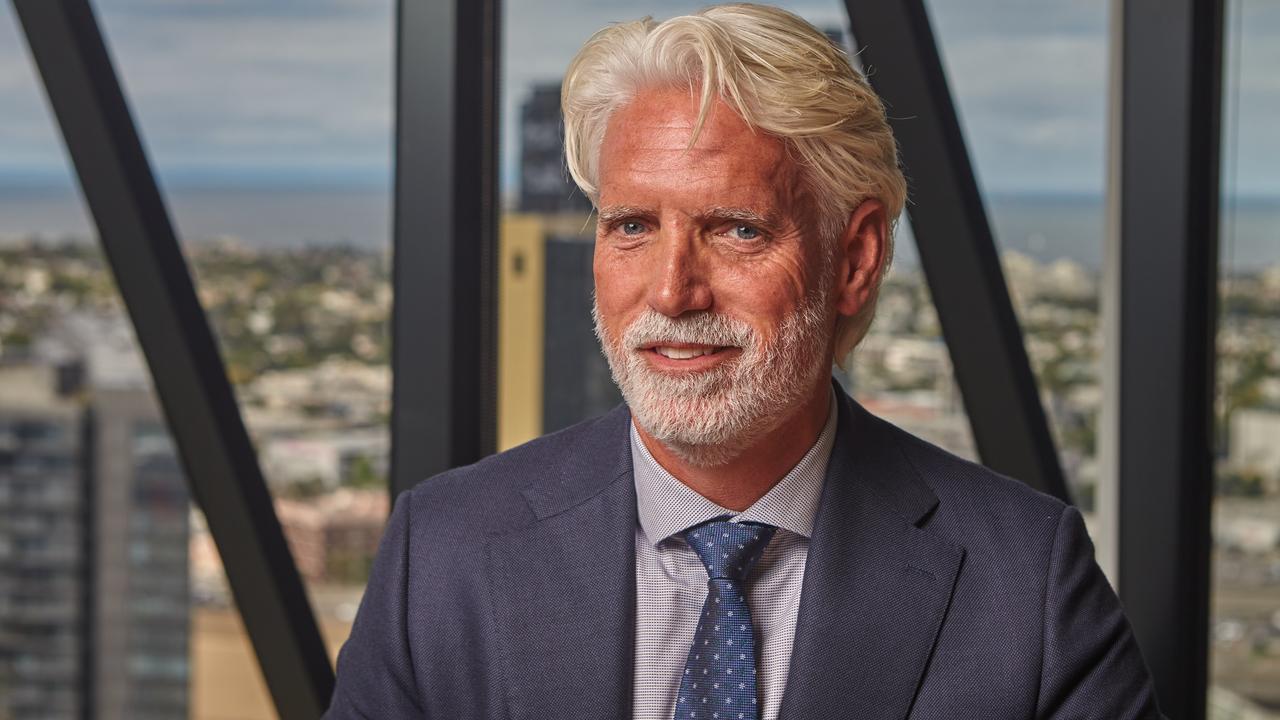
Transurban CEO Scott Charlton said it was likely the private sector and infrastructure players such as his toll road company would be asked to lend a hand to pick up the slack as state and federal governments pull back on infrastructure developments due to high government debt levels.
“Because of budgetary constraint over time, (governments) will turn to the private sector for the ability to fund and deliver infrastructure,” Mr Charlton said.
“So we think over the medium term that will actually create opportunities for us, because governments are going to need the private sector to help deliver not only on transport, but also the energy transition and elsewhere.
“I think that’s why you see so many global funds and other people interested in Australia: because there’s a lot of pressure still to be building out infrastructure because of that growing population.”
This need could also lead the nation’s $3.4 trillion superannuation sector to become more involved in infrastructure.
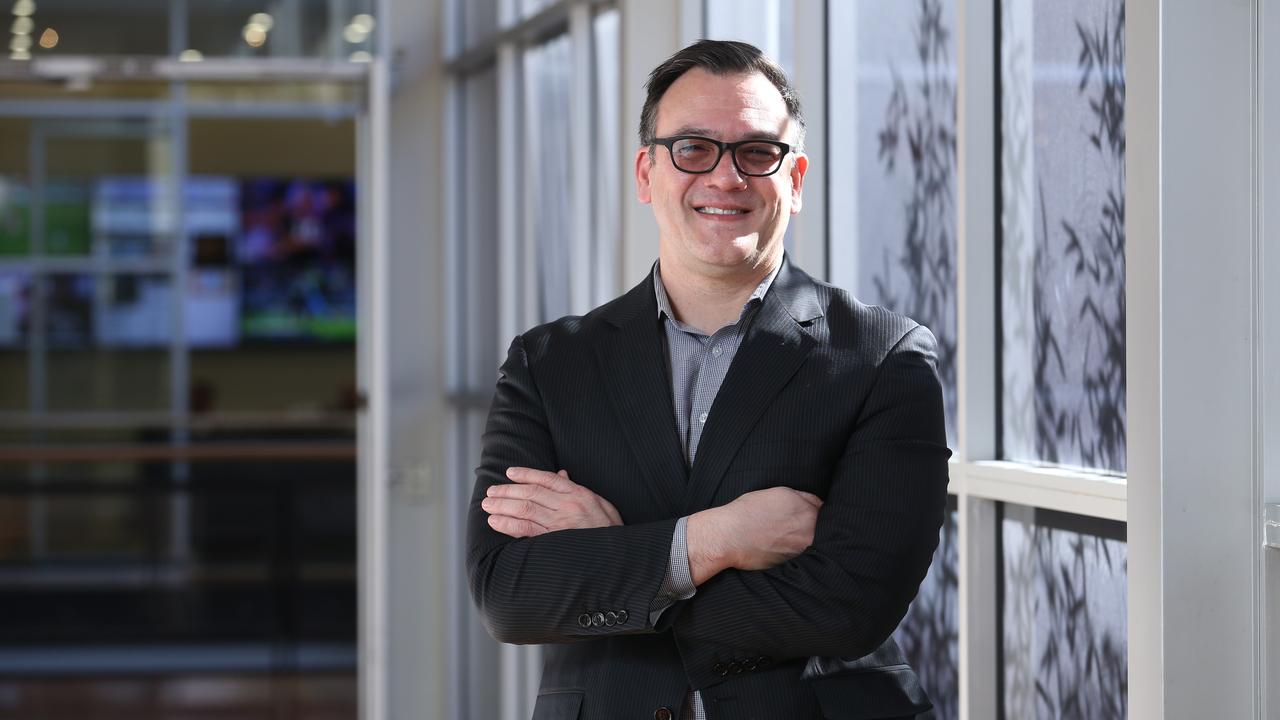
With less capacity for the federal government to pay for these assets, options would open up for super funds, but they will be looking for strong returns on any investments they made.
Cbus chief investment officer Kristian Fok said: “We’ve been very, very clear that it has to stack up from a risk and return perspective … but actually we’ve also said that we’ve got the people and resources.
“We can turn our minds to something.
“If we can get in early, and the opportunity is good, that’s something for us to consider.”
More Coverage
Originally published as Westpac’s Peter King hails $14bn cost-of-living package as bosses seek leadership on economy



